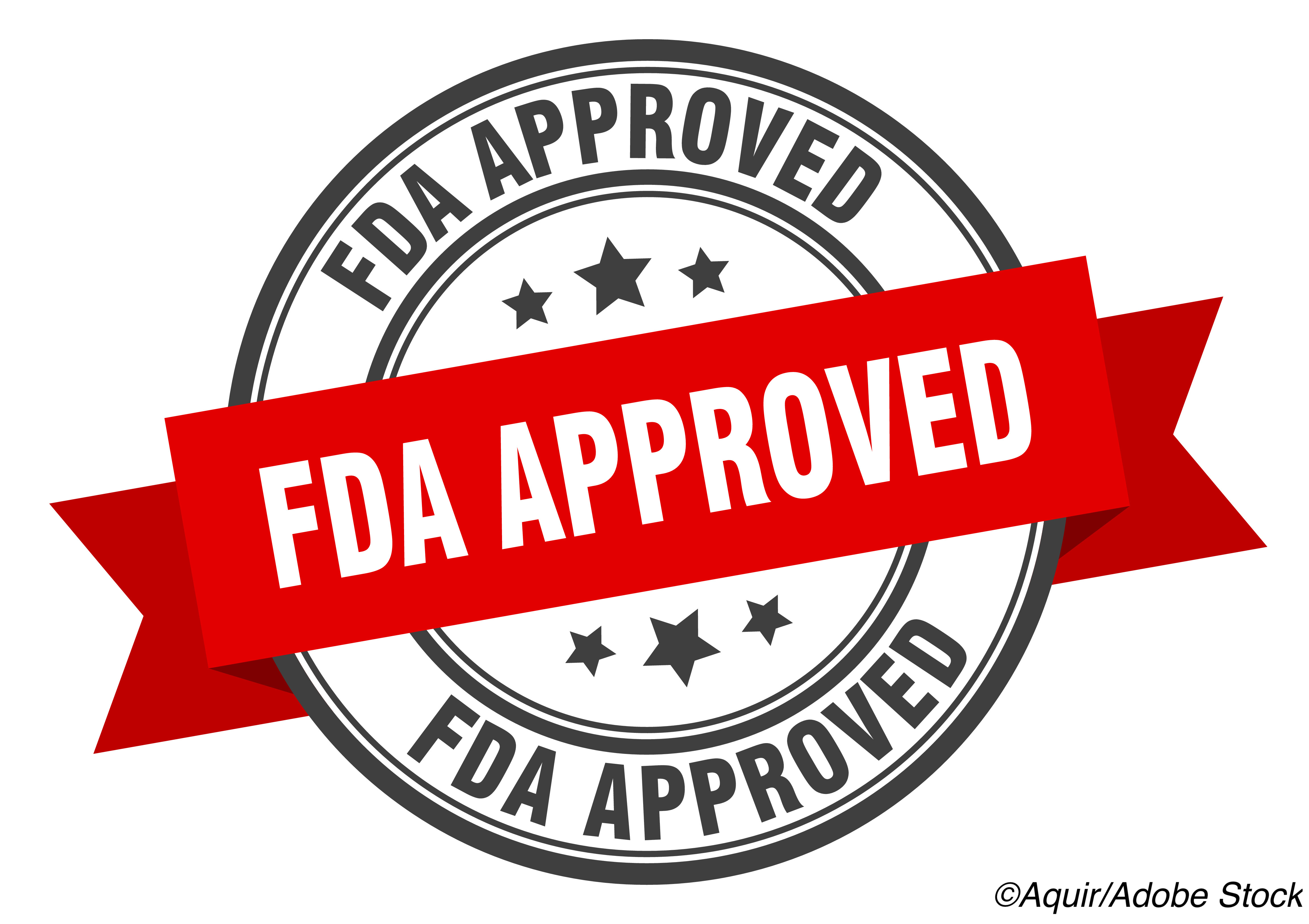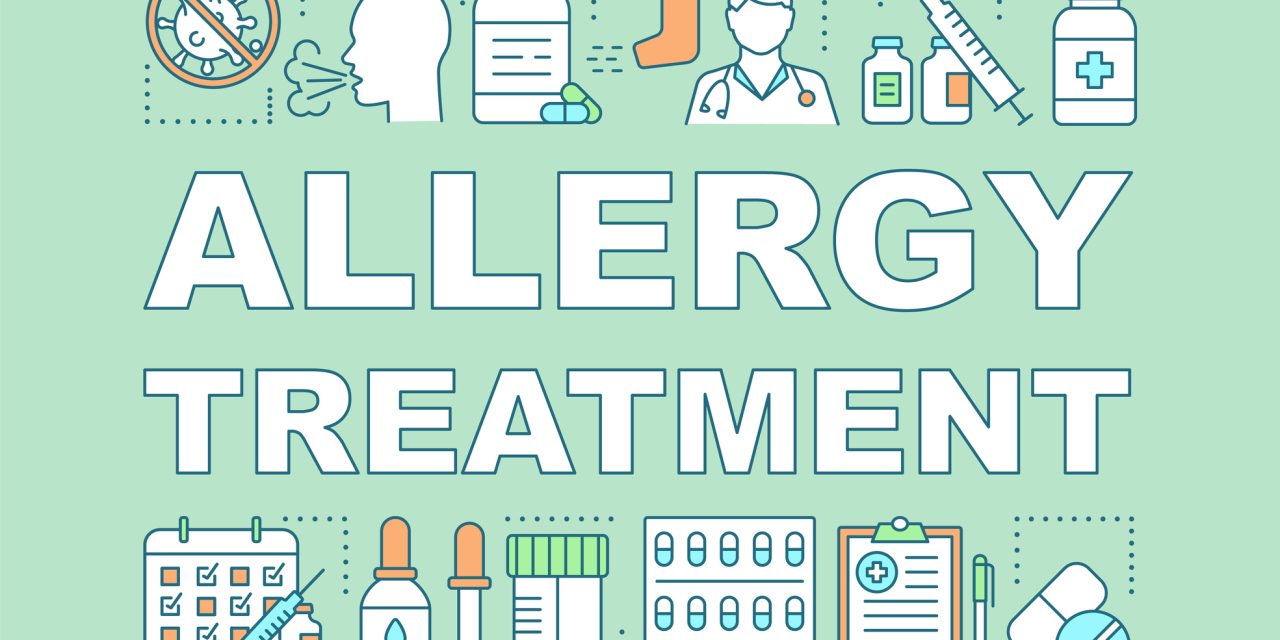 WASHINGTON — The FDA approved a once-daily, single inhaler triple therapy containing fluticasone furoate/umeclidinium/ vilanterol (FF/UMEC/VI; Trelegy Ellipta) to treat adult patients with asthma.
WASHINGTON — The FDA approved a once-daily, single inhaler triple therapy containing fluticasone furoate/umeclidinium/ vilanterol (FF/UMEC/VI; Trelegy Ellipta) to treat adult patients with asthma.
The FF/UMEC/VI inhaler — which was previously indicated for maintenance therapy in patients with chronic obstructive pulmonary disease (COPD) — is the first single inhaler therapy to gain FDA approval to treat both COPD and asthma, as well as the first single inhaler triple therapy approved for once daily inhalation in the U.S., the product’s manufacturers, GlaxoSmithKline plc and Innoviva, Inc., noted in a press release.
The triple therapy is not indicated for relief of acute bronchospasm, the manufacturers noted.
The approval for this indication was based on results from the randomized, double-blind, active controlled, six-arm parallel group, global multicenter CAPTAIN trial, which pitted the FF/UMEC/VI combination (at doses of 100/62.5/25 mcg, 200/62.5/25 mcg, 100/31.25/25 mcg, and 200/31.25/25 mcg) against a dual therapy containing fluticasone furoate and vilanterol (FF/VI; at doses of 100/25 mcg and 200/25 mcg) in patients whose asthma was not adequately controlled by inhaled corticosteroid/long-acting beta antagonist (ICS/LABA) combination therapy.
“[The] additional bronchodilation provided by [FF/UMEC/VI triple therapy] demonstrated significant improvements in lung function compared with FF/VI, in a single daily dose in an easy-to-use inhaler,” the manufacturers wrote. “The results from CAPTAIN were presented at the European Respiratory Society (ERS) Congress this week, reinforcing the potential of once-daily single inhaler triple therapy in asthma management.”
FF/UMEC/VI triple therapy is contraindicated in patients with severe hypersensitivity to milk proteins or any ingredients, as well as in primary treatment of status asthmaticus or acute episodes of asthma requiring intensive measures. The most common adverse reactions reported among patients with asthma using the triple therapy were nasopharyngitis, upper respiratory tract infection, bronchitis, viral respiratory tract infection, sinusitis, urinary tract infection, rhinitis, influenza, headache, and back pain.
John McKenna, Associate Editor, BreakingMED™
Cat ID: 100
Topic ID: 80,100,730,100,192,63,925


